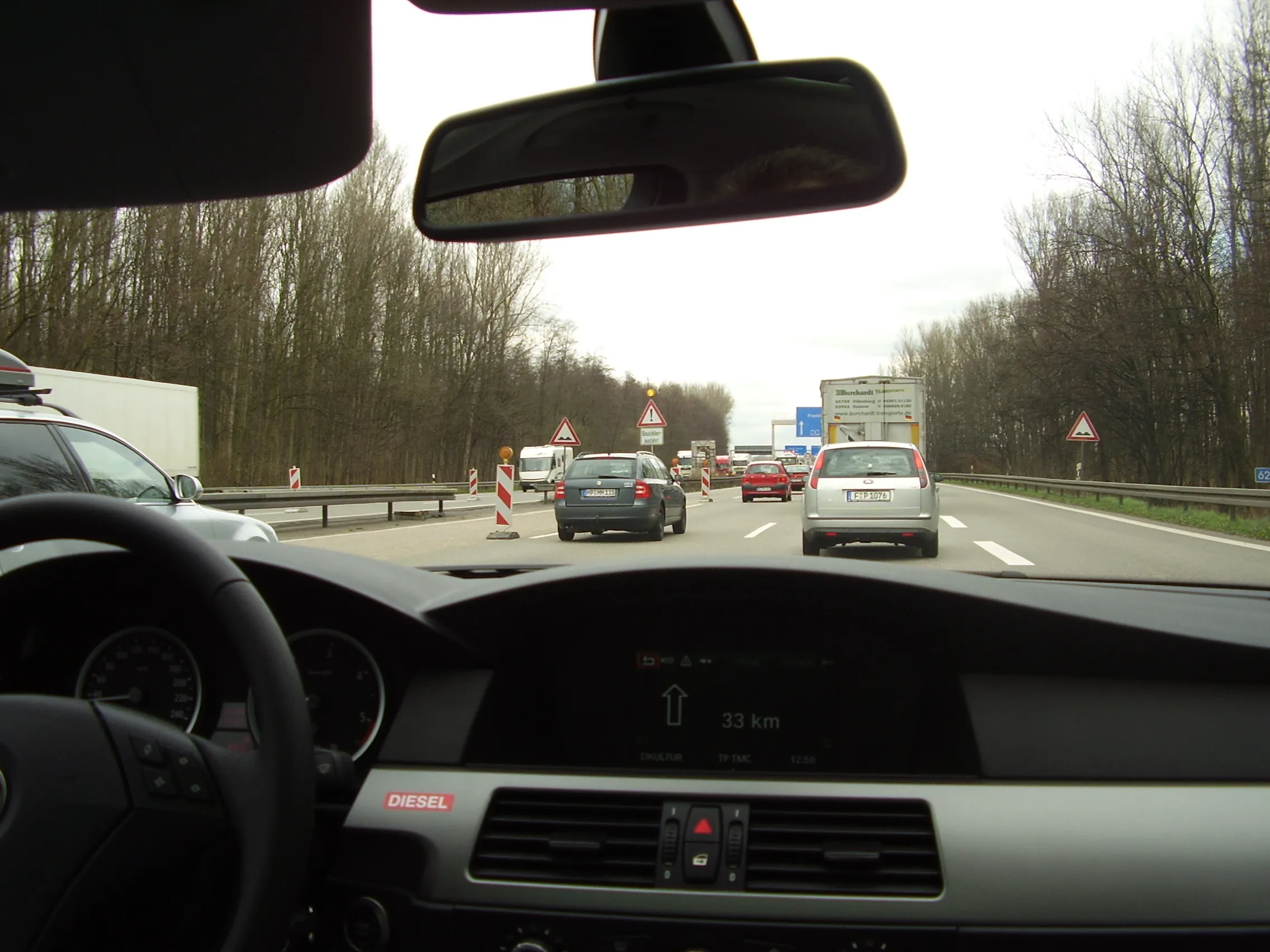Road tolling is being used worldwide as a way to develop highway infrastructure, with road users paying for access. Tolled roads are not a new concept and date back centuries, but in recent times, as governments have struggled to fund highway development programmes directly, tolling has increased in popularity worldwide.
In Africa, Asia, Europe, Latin America and North America, tolled highways are now extremely well established. The specifics of the business models vary but state-owned toll-road firms ty
April 4, 2017
Read time: 3 mins

Road tolling is being used worldwide as a way to develop highway infrastructure, with road users paying for access. Tolled roads are not a new concept and date back centuries, but in recent times, as governments have struggled to fund highway development programmes directly, tolling has increased in popularity worldwide.
In Africa, Asia, Europe, Latin America and North America, tolled highways are now extremely well established. The specifics of the business models vary but state-owned toll-road firms typically manage and oversee networks, with routes then operated by private sector firms under concession. Government funding for road development is in short supply however and many countries that have previously paid for highway networks through taxation are now considering switching to the tolled model. Germany was the first country in the world to develop high-speed highways with its Autobahn routes, which have traditionally been open to use.
In 2005 Germany introduced truck tolling for the Autobahn network and is now proposing a more comprehensive tolling system that will also include cars.
Initial plans met with protests but the German Government and the European Commission have come to an agreement over the plans to impose tolls for foreign cars on the Autobahn system. However, 11 other EU countries are less than happy with the German scheme and, headed by Austria, have discussed forming to bring a joint court case on the grounds that the toll discriminates against non-Germans.
The US too is looking to expand its use of tolled highways following its recent elections. There have been tolled highways in the shape of the Turnpike routes in the US for many decades, but its national Interstate system has traditionally been paid for through fuel taxation. That is now changing as the revenue from fuel taxation has not stayed in step with the needs of maintenance and expansion. States such as Florida have led the way in developing the modern tolled highway and more and more tolled routes are envisaged for the US in the future.
But not all moves to road tolling are proving successful. Finland’s Transport Ministry opted to halt its controversial plan to impose fees for road use, as well as proposals to remove taxes on new cars. The proposals called for a state-owned company to operate the country’s road network. Taxes on new cars would have been eliminated, with drivers instead paying to use the network. As the plan had been sharply criticised and was not a popular option, the Finnish Government opted to drop the proposals.
And tolled highways do not answer every transport issue. Questions still remain as to how best to link these tolled highways to towns and cities. France is recognised as having one of the best tolled highway networks in the world. But even in France, funding for its National routes has not met needs for upgrades and maintenance, so the connections from tolled highways to population centres and industrial areas have suffered over time.
In Africa, Asia, Europe, Latin America and North America, tolled highways are now extremely well established. The specifics of the business models vary but state-owned toll-road firms typically manage and oversee networks, with routes then operated by private sector firms under concession. Government funding for road development is in short supply however and many countries that have previously paid for highway networks through taxation are now considering switching to the tolled model. Germany was the first country in the world to develop high-speed highways with its Autobahn routes, which have traditionally been open to use.
In 2005 Germany introduced truck tolling for the Autobahn network and is now proposing a more comprehensive tolling system that will also include cars.
Initial plans met with protests but the German Government and the European Commission have come to an agreement over the plans to impose tolls for foreign cars on the Autobahn system. However, 11 other EU countries are less than happy with the German scheme and, headed by Austria, have discussed forming to bring a joint court case on the grounds that the toll discriminates against non-Germans.
The US too is looking to expand its use of tolled highways following its recent elections. There have been tolled highways in the shape of the Turnpike routes in the US for many decades, but its national Interstate system has traditionally been paid for through fuel taxation. That is now changing as the revenue from fuel taxation has not stayed in step with the needs of maintenance and expansion. States such as Florida have led the way in developing the modern tolled highway and more and more tolled routes are envisaged for the US in the future.
But not all moves to road tolling are proving successful. Finland’s Transport Ministry opted to halt its controversial plan to impose fees for road use, as well as proposals to remove taxes on new cars. The proposals called for a state-owned company to operate the country’s road network. Taxes on new cars would have been eliminated, with drivers instead paying to use the network. As the plan had been sharply criticised and was not a popular option, the Finnish Government opted to drop the proposals.
And tolled highways do not answer every transport issue. Questions still remain as to how best to link these tolled highways to towns and cities. France is recognised as having one of the best tolled highway networks in the world. But even in France, funding for its National routes has not met needs for upgrades and maintenance, so the connections from tolled highways to population centres and industrial areas have suffered over time.







